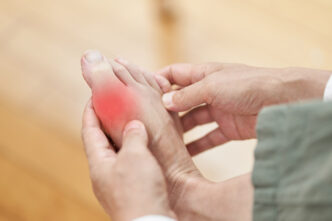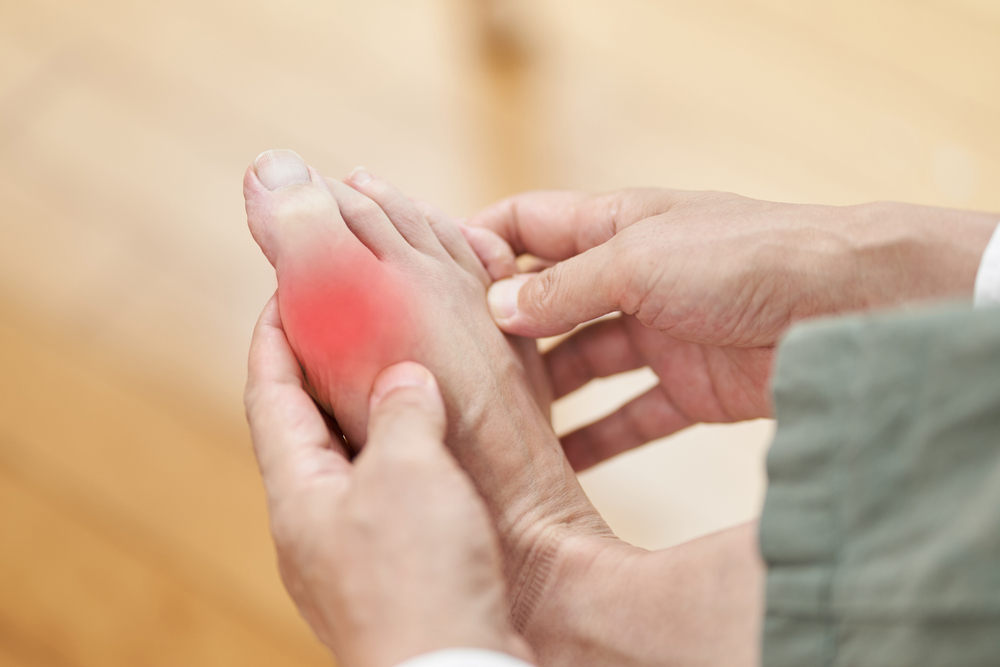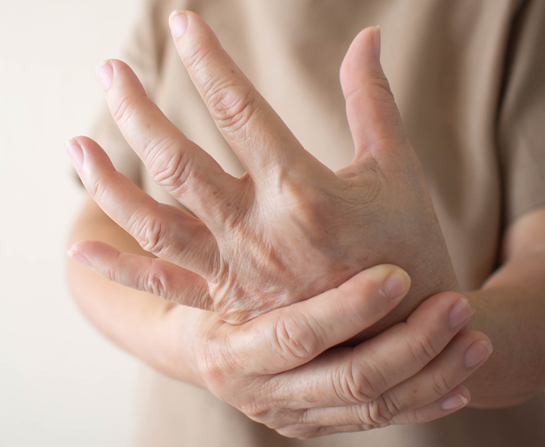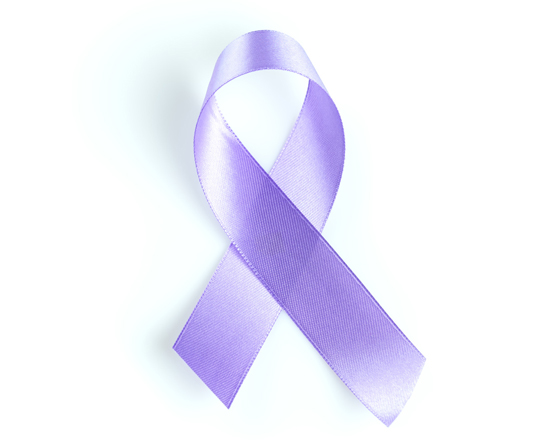Often called “the rich man’s disease” or “the disease of kings” due to its association with a diet high in luxuries like red meat and wine, gout is a form of inflammatory arthritis that causes pain and swelling around certain areas such as your big toe joint, knees, ankles, feet, hand, wrists, and elbows.
WORDS DR LIM SZE WEI
 FEATURED EXPERT FEATURED EXPERTDR LIM SZE WEI Consultant Orthopaedic Surgeon ALTY Orthopaedic Hospital |
Gout is triggered by a buildup of excess uric acid in the body.
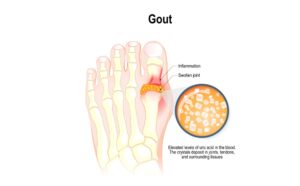
The excess uric acid can form sharp crystals that settle into the joints and trigger a flare-up.
COMMON POSSIBLE FACTORS FOR HIGH LEVELS OF URIC ACID IN THE BODY
- The body produces too much uric acid, or the kidneys don’t get rid of it quickly enough, or both.
- Health conditions such as heart failure, diabetes, high blood pressure, and kidney disease.
- Being overweight.
- Family history.
- Consumption of high amounts of alcohol and/or animal proteins.
- Use of certain medications such as diuretic medications and immunosuppressants.
GOUT FLARE-UPS
- During a gout flare-up, the affected joints may suffer from intense pain, stiffness, swelling, and discolouration.
- The affected individual may also feel like their joints are on ‘fire’.
- An episodic flare-up usually lasts for 1 to 2 weeks.
- However, in some cases, a flare-up may last longer and with even more severe symptoms.
TREATING GOUT
- As of now, there is no cure for gout.
- However, the right treatment and medications will allow individuals with gout to manage their symptoms and lower their uric acid levels.
Going to a Doctor During a Flare-up
- The doctor may first request a few imaging tests on the affected joints.
- These tests could include X-rays, ultrasound, magnetic resonance imaging (MRI), or computed tomography (CT) scan.
- In some instances, the doctor will request blood tests and a joint aspiration test, which involves the use of a needle to remove a sample of fluid from inside the affected joint.
- Based on the results of the tests, the doctor will prescribe appropriate medications to control the patient’s pain and manage their symptoms.
PEOPLE WITH GOUT SHOULD AVOID OR LIMIT THEIR INTAKE OF FOODS HIGH IN PURINES
- Sugary drinks and sweets
- High-fructose corn syrup
- Alcohol
- Organ meats
- ‘Specialty meats’ such as goose, veal, and venison
- Certain fish and seafoods such as herring, scallops, mussels, codfish, tuna, trout, and haddock
| This article is part of our series on being and feeling the best while one is pregnant. |

